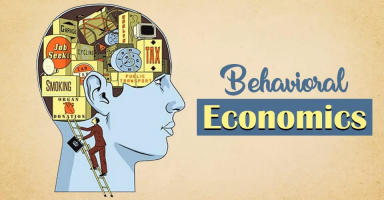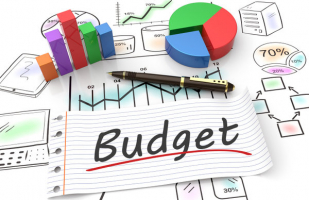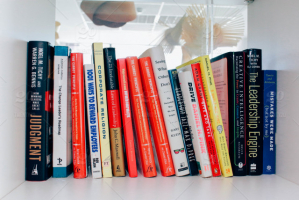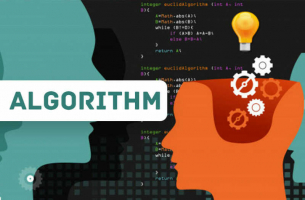Top 10 Best Books On Economics
As inflation and high interest rates dominate the news in the United States and play a significant role in the midterm elections, the economy and how it ... read more...affects families are a pressing subject right now. The problems afflicting the island nation and former empire of the United Kingdom, which will elect its third prime minister in 2022, are mostly economic in nature. It is a hot topic of discussion everywhere in the world. You'll discover various and in-depth perspectives on how this science manifests itself in daily life as you read through our choice of the best books on economics that address economics.
-
Daniel Kahneman is the Eugene Higgins Professor of Psychology Emeritus and a professor of public affairs at Princeton University's Woodrow Wilson School of Public and International Affairs. He was awarded the Nobel Prize in Economic Sciences in 2002 for his groundbreaking work on decision-making with Amos Tversky. He wrote the international best-seller Thinking, Fast and Slow.
In his megabestseller, Thinking, Fast and Slow, world-renowned psychologist and Nobel Prize winner Daniel Kahneman takes us on a groundbreaking tour of the mind and explains the two systems that drive the way we think.
System 1 is quick, intuitive, and emotional, whereas System 2 is slower, more deliberate, and logical. The impact of overconfidence on corporate strategies, the difficulty of predicting what will make us happy in the future, and the profound effect of cognitive biases on everything from playing the stock market to planning our next vacation can only be understood by understanding how the two systems shape our judgments and decisions.
Kahneman engages the reader in a lively discussion about how we think, revealing where we can and cannot trust our intuitions and how we can reap the benefits of slow thinking. He provides practical and illuminating insights into how we make decisions in both our professional and personal lives, as well as how we can use various techniques to avoid the mental blunders that frequently get us into trouble. Thinking, Fast and Slow has topped bestseller lists for nearly ten years and is a modern classic, an essential book that has changed the lives of millions of readers. It is among the best books on economics.
Author: Daniel Kahneman
Link to buy: https://www.amazon.com/Thinking-Fast-Slow-Daniel-Kahneman/dp/0374533555/
Ratings: 4.6 out of 5 stars (from 30575 reviews)
Best Sellers Rank: #592 in Books (See Top 100 in Books)#1 in Cognitive Psychology (Books)
#1 in Decision-Making & Problem Solving
#1 in Business Decision Making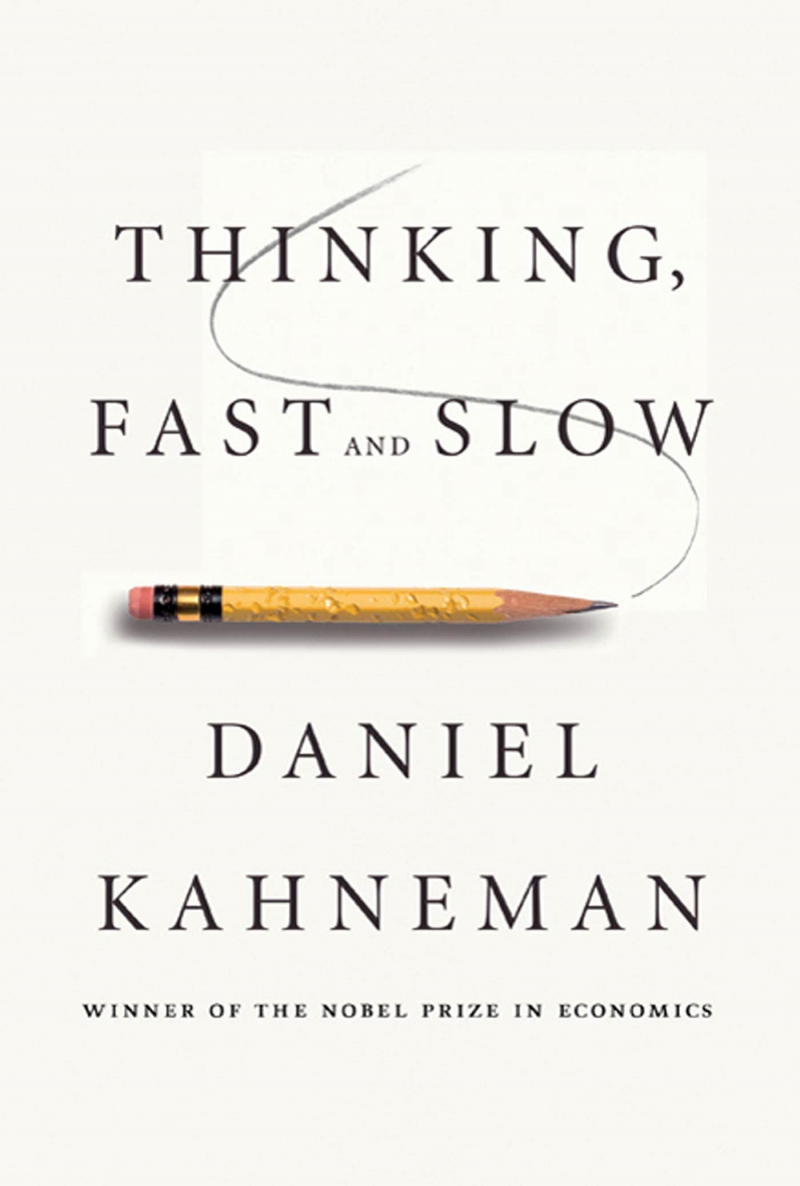
https://www.amazon.com/ 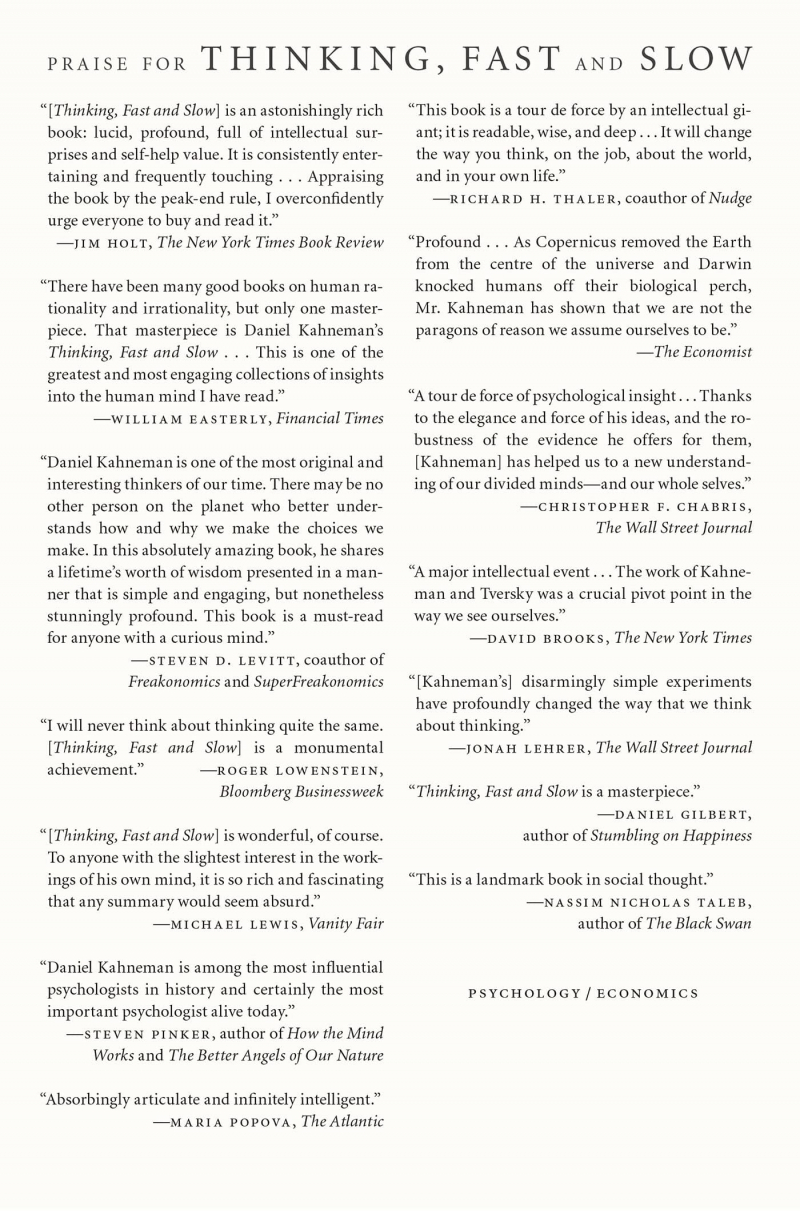
https://www.amazon.com/ -
Steven D. Levitt, an economics professor at the University of Chicago, received the John Bates Clark Medal, which is given to the most influential American economist under the age of forty. He is also the founder of The Greatest Good, a non-profit organization that applies Freakonomics-style thinking to business and philanthropy.
Stephen J. Dubner is an award-winning journalist, radio and television personality, and author of three non-Freakonomics books. He is the host of the Freakonomics Radio show and the Tell Me Something I Don't Know podcast.
Is a gun or a swimming pool more dangerous? What are the similarities between schoolteachers and sumo wrestlers? How important are parents really?
These may not appear to be typical economic questions. However, Steven D. Levitt is not your typical economist. He investigates everyday mysteries, from cheating and crime to parenting and sports, and comes to conclusions that challenge conventional wisdom.
Freakonomics is a ground-breaking collaboration between Levitt and award-winning author and journalist Stephen J. Dubner. They set out to investigate the inner workings of a gang, the truth about real estate agents, the Ku Klux Klan's secrets, and much more.
They demonstrate that economics is, at its core, the study of incentives—how people get what they want or need, especially when other people want or need the same thing.
Author: Steven D. Levitt and Stephen J Dubner
Link to buy: https://www.amazon.com/dp/0060731338
Ratings: 4.6 out of 5 stars (from 6090 reviews)
Best Sellers Rank: #131,632 in Books
#130 in Theory of Economics
#385 in Popular Culture in Social Sciences
#1,013 in Personal Finance (Books)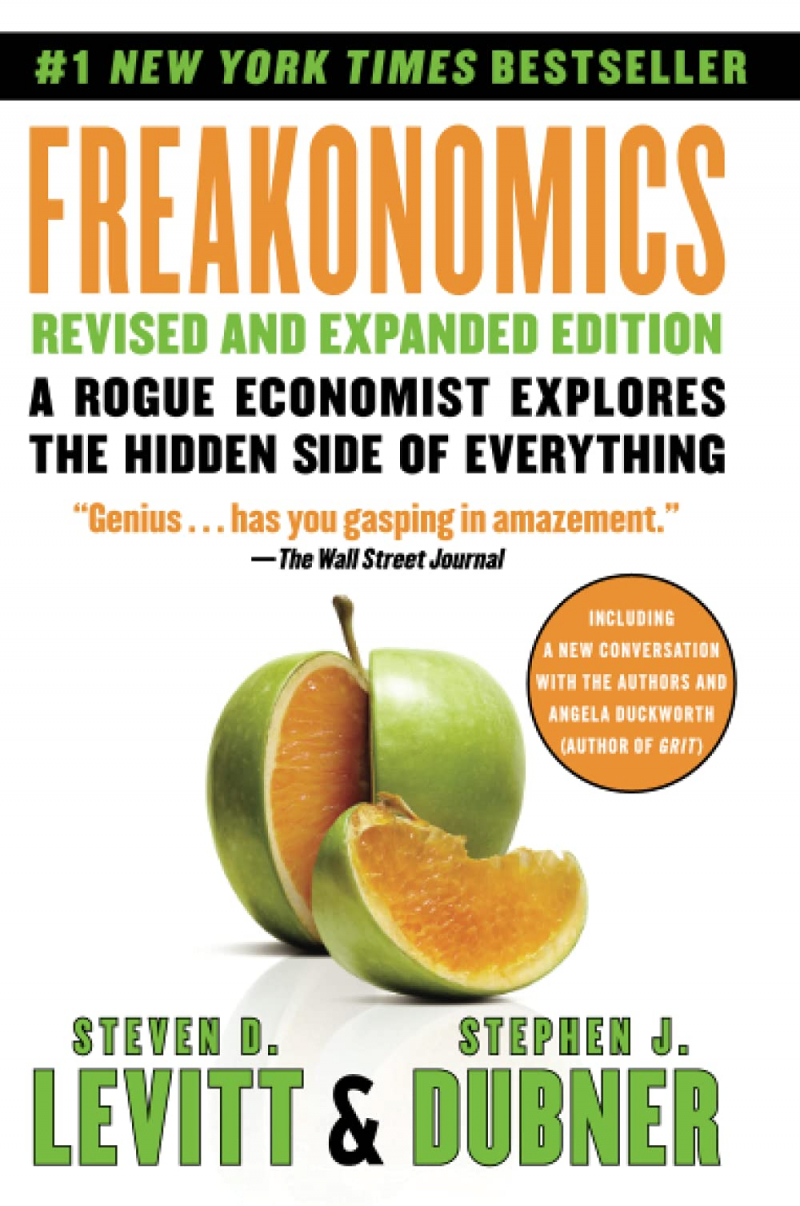
https://www.amazon.com/ 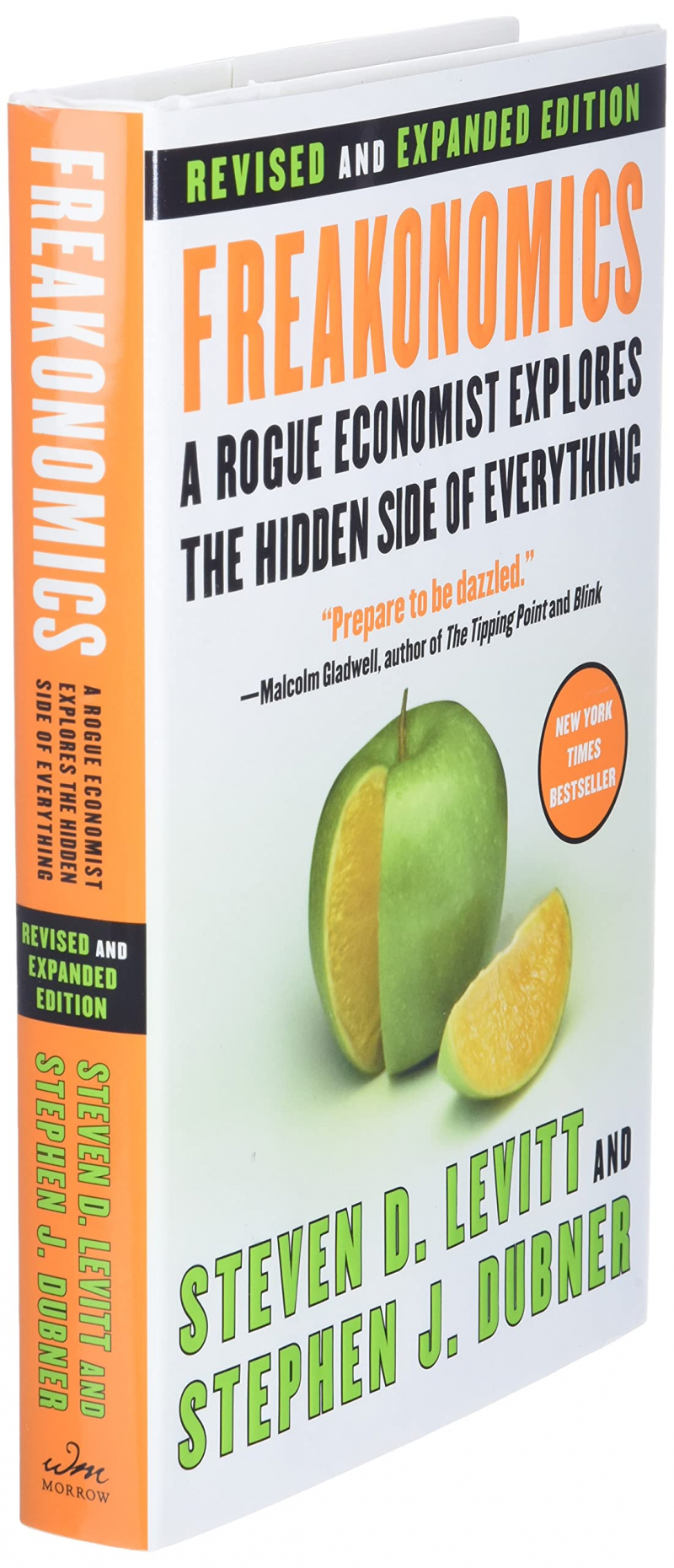
https://www.amazon.com/ -
Henry Hazlitt was a libertarian philosopher, economist, and journalist who lived from 1894 to 1993. He was the Foundation for Economic Education's founding vice president and an early editor of The Freeman magazine, an important libertarian publication. In 1946, Hazlitt published Economics in One Lesson, a seminal text on free market economics that introduced his ideas and those of the so-called Austrian School to the American audience.
Among the best books on economics, Economics in One Lesson, which has sold over a million copies, is a must-have guide to the fundamentals of economic theory. Hazlitt, a major influence on modern libertarianism, defends capitalism and the free market against economic myths that persist to this day.
Henry Hazlitt (1894-1993) was a libertarian philosopher, economist, and journalist who was considered a leading economic thinker of the "Austrian School," which included Carl Menger, Ludwig von Mises, Friedrich (F.A.) Hayek, and others. He was the Foundation for Economic Education's founding vice president and an early editor of The Freeman magazine, an influential libertarian publication. In 1946, Hazlitt published his seminal work, Economics in One Lesson. It is concise and instructive, but it is also deceptively prescient and far-reaching in its efforts to dispel economic myths that have become so common that they have almost become a new orthodoxy.
Economic commentators from all political stripes have credited Hazlitt with foreseeing the global economic collapse that occurred more than 50 years after the publication of Economics in One Lesson. Hazlitt's emphasis on non-governmental solutions, strong — and well-reasoned — anti-deficit stance, and general emphasis on free markets, individual economic liberty, and the dangers of government intervention make Economics in One Lesson as relevant and valuable today as it was when it was first published.
Author: Henry Hazlitt
Link to buy: https://www.amazon.com/dp/0517548232
Ratings: 4.6 out of 5 stars (from 3340 reviews)
Best Sellers Rank: #10,465 in Books
#1 in Free Enterprise & Capitalism
#8 in International Economics (Books)
#13 in Economic History (Books)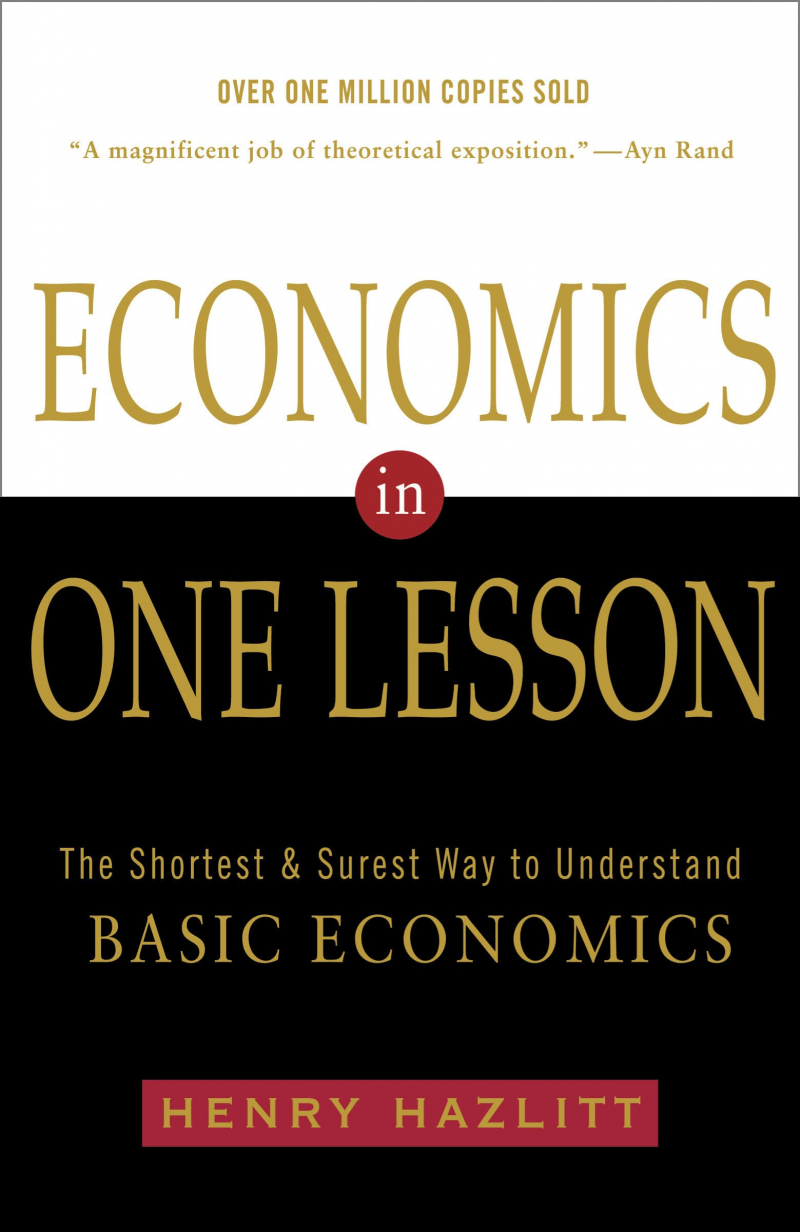
https://www.amazon.com/ 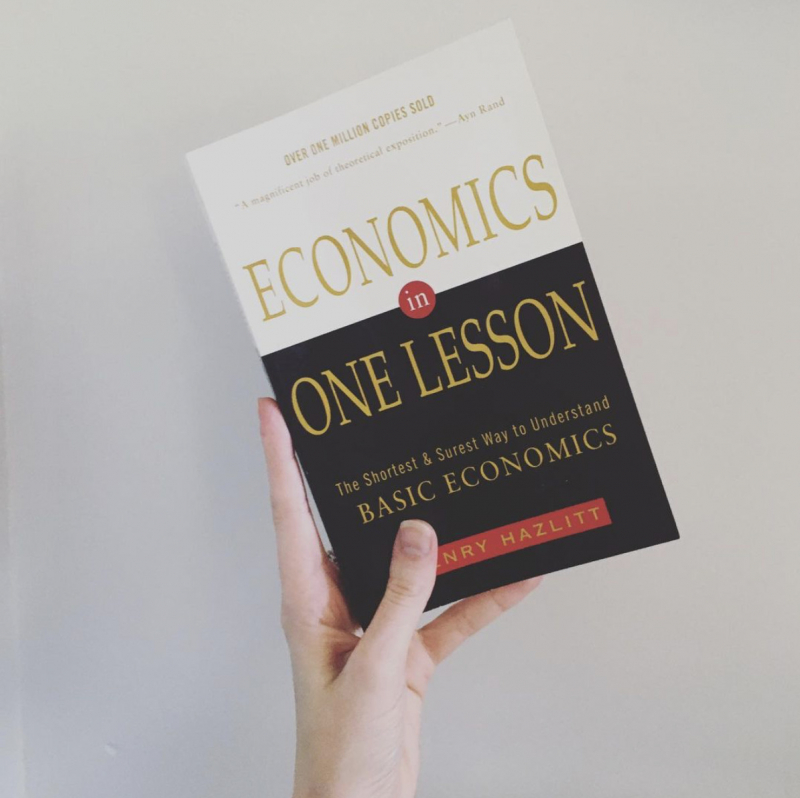
https://whatthefuturenow.com/ -
Thomas Piketty is a Professor of Economics at the École des Hautes Études en Sciences Sociales (EHESS) and the Paris School of Economics, as well as the Codirector of the World Inequality Lab.
What are the grand dynamics that drive capital accumulation and distribution? Political economy is concerned with the long-term evolution of inequality, the concentration of wealth, and the prospects for economic growth. However, satisfactory answers have been difficult to come by due to a lack of adequate data and clear guiding theories. Thomas Piketty analyzes a unique collection of data from twenty countries dating back to the eighteenth century in Capital in the Twenty-First Century to uncover key economic and social patterns. His findings will change the debate and set the agenda for the next generation of wealth and inequality thinkers.
Piketty demonstrates that modern economic growth and the spread of knowledge have enabled us to avoid the apocalyptic inequalities predicted by Karl Marx. However, we have not changed the deep structures of capital and inequality as much as we thought in the optimistic postwar decades. Today, the main driver of inequality, the tendency of capital returns to exceed the rate of economic growth, threatens to generate extreme inequalities that incite discontent and undermine democratic values. However, economic trends are not supernatural occurrences. Political action has previously reduced dangerous inequalities, according to Piketty, and it may do so again.
Capital in the Twenty-First Century is a work of extraordinary ambition, originality, and rigor that reorients our understanding of economic history and confronts us with sobering lessons for today.
Author: Thomas Piketty
Link to buy: https://www.amazon.com/Capital-Twenty-Century-Thomas-Piketty/dp/067443000X/
Ratings: 4.5 out of 5 stars (from 4621 reviews)
Best Sellers Rank: #16,853 in Books
#3 in Economic Policy
#12 in Theory of Economics
#24 in Economic History (Books)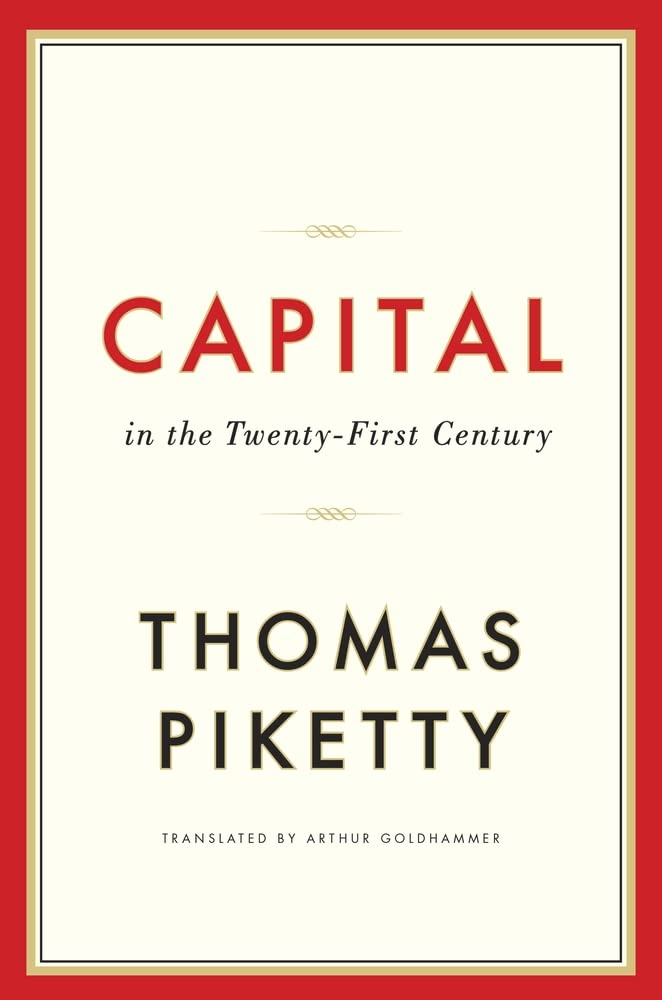
https://www.amazon.com/ 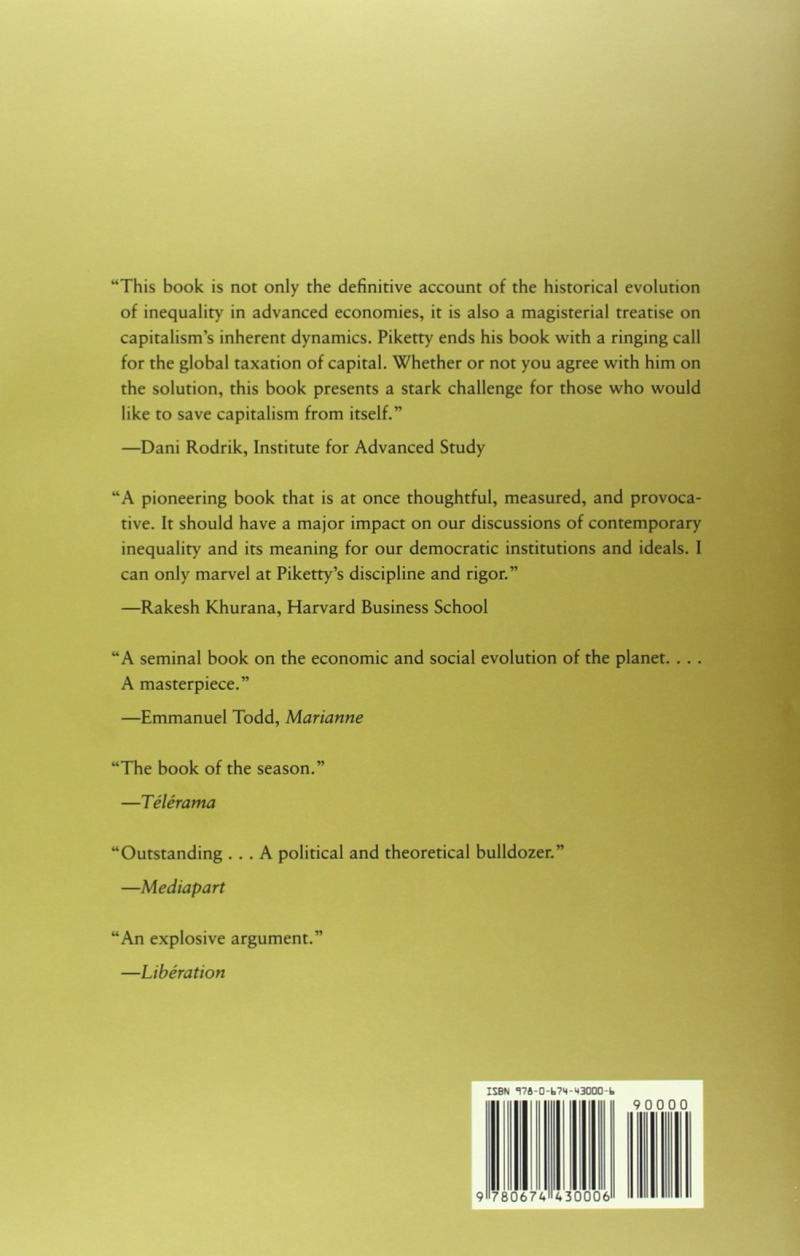
https://www.amazon.com/ -
Three of the most well-known economists working today—James Gwartney, Richard L. Stroup, and Dwight R. Lee—show us in Common Sense Economics why understanding economics is crucial for thriving in contemporary society and what it takes to effectively manage one's personal life and social obligations. They explain the fundamental concepts of supply and demand, private property, commerce, and other topics in simple, effective language that is free of any hints of jargon or obscurity. A clear, straightforward explanation of how and why our economy and the world function the way they do, as well as how and why people and countries prosper, Common Sense Economics is essential reading in a world where free trade, taxes, and government spending are topics that everyone needs to understand.
The writers' goal is to offer clear and organized insight into economics while using the least amount of jargon possible. They provide insight on the impact of political norms and policies on people and nations while also imparting fundamental principles to both novices and seasoned executives.
Utilizing the common practice of "lists," the authors provide "Ten Key Elements of Economic Theory," "Seven Major Sources of Economic Progress," "Ten Elements of Clear Thinking about Economic Progress and the Role of Government," "Ten Elements of Clear Thinking about Economic Progress and the Role of the Legal System," and "Ten Elements of Clear Thinking about Economic Progress and the Role of Government." Among the best books on economics, Common Sense Economics is a fantastic economics primer that is easy to read.Author: James D. Gwartney, Richard L. Stroup and Dwight R. Lee
Link to buy: https://www.amazon.com/dp/B005ZO6UGY
Ratings: 4.3 out of 5 stars (from 63 reviews)
Best Sellers Rank: #2,804,298 in Books
#5,157 in Deals in Books
#5,712 in Introduction to Investing
#19,887 in Personal Finance (Books)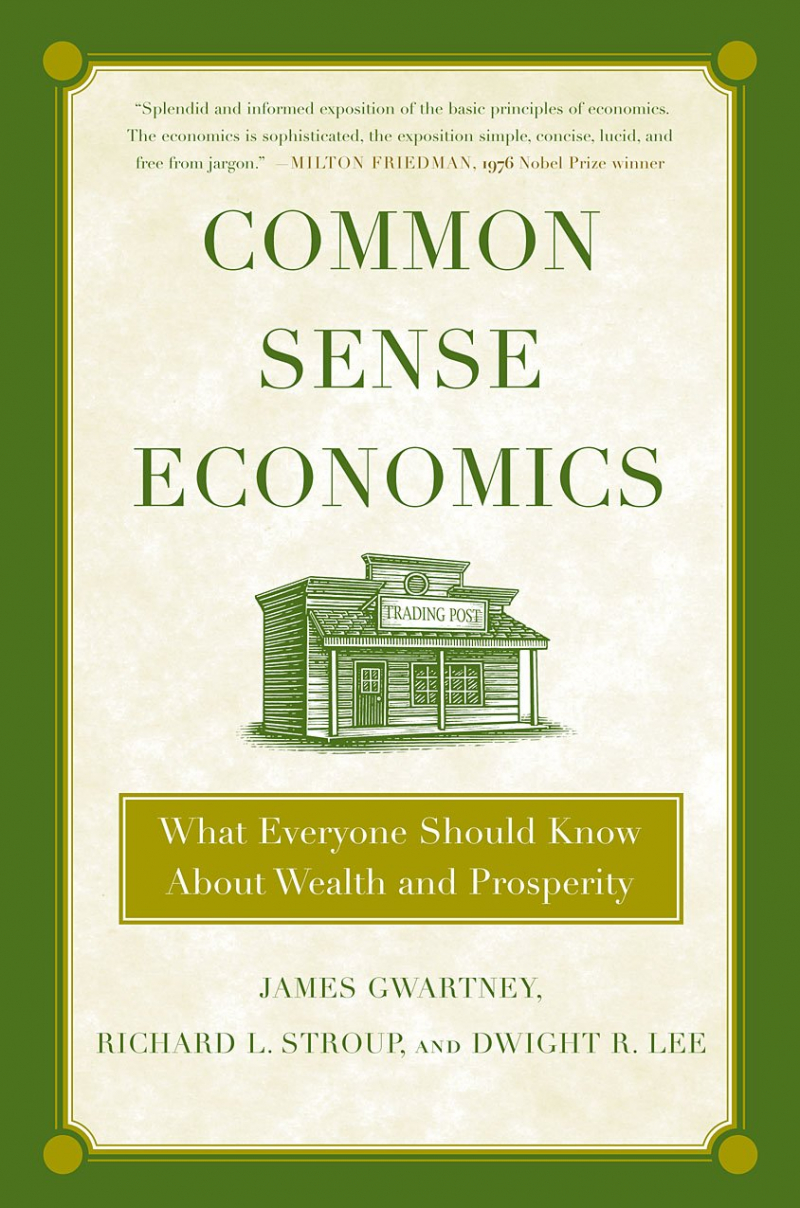
https://www.amazon.com/ 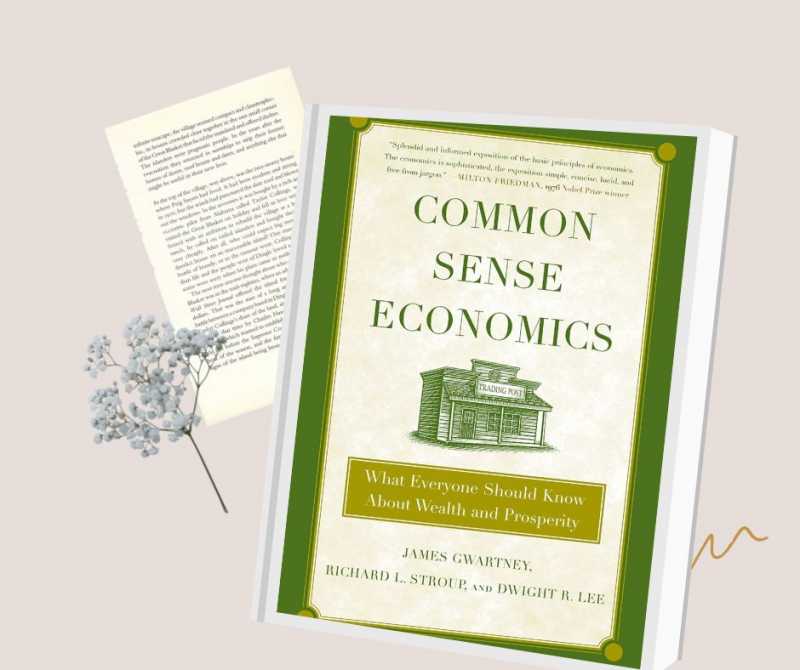
https://www.amazon.com/ -
F. A. Hayek (1899-1992), co-winner of the Nobel Prize in Economics in 1974 and recipient of the Presidential Medal of Freedom in 1991, was a renowned advocate of classical liberalism and a pioneer in the field of monetary theory in the twentieth century. He held academic positions at Freiburg University, University of Chicago, University of Vienna, and University of London.
At Duke University, Bruce Caldwell is a research professor of economics and the center's director for the history of political economy. He is the general editor of the University of Chicago Press's Collected Works of F. A. Hayek series.
The Road to Serfdom, an unquestionable classic work in political philosophy, intellectual and cultural history, and economics, has influenced and incensed politicians, academics, and general readers for fifty years. The Road to Serfdom was considered heretical when it was first published in 1944, a time when Eleanor Roosevelt backed Stalin's agenda and Albert Einstein embraced socialism wholeheartedly. This was because of its passionate argument against the risks of state ownership of the means of production. According to F. A. Hayek, the collectivist idea of growing economic control over the government would not lead to a utopia but rather to the horrors of Nazi Germany and Fascist Italy.
The Road to Serfdom was released by the University of Chicago Press on September 18, 1944, and it immediately attracted a lot of attention. Within six months, more than 30,000 books had been sold, quickly exhausting the initial printing of 2,000 copies. A shorter form of the book was published by Reader's Digest in April 1945, and the Book-of-the-Month Club rapidly disseminated it to more than 600,000 people. The book has been a consistent best seller for years and has sold 400,000 copies in the United States alone. It has also been translated into more than twenty other languages, making it one of the most significant and influential novels of the century.
The Road to Serfdom now has its own spot in the collection known as The Collected Works of F. A. Hayek. The book's prologue, written by series editor and renowned Hayek researcher Bruce Caldwell, examines widespread misconceptions about Hayek's ideas as well as the book's origins and publishing history. Additionally, Caldwell has updated and improved Hayek's citations and provided new explanatory notes. This new edition of The Road to Serfdom will serve as the definitive edition of Hayek's enduring masterpiece. It is supplemented with an appendix of related materials that includes prepublication reports on the original manuscript and forewords to earlier editions written by John Chamberlain, Milton Friedman, and Hayek himself.Author: F. A. Hayek
Link to buy: https://www.amazon.com/Road-Serfdom-Documents-Definitive-Collected/dp/0226320545/
Ratings: 4.7 out of 5 stars (from 2463 reviews)
Best Sellers Rank: #673,206 in Books
#487 in International Economics (Books)
#633 in Theory of Economics
#1,361 in Economic History (Books)
https://www.amazon.com/ 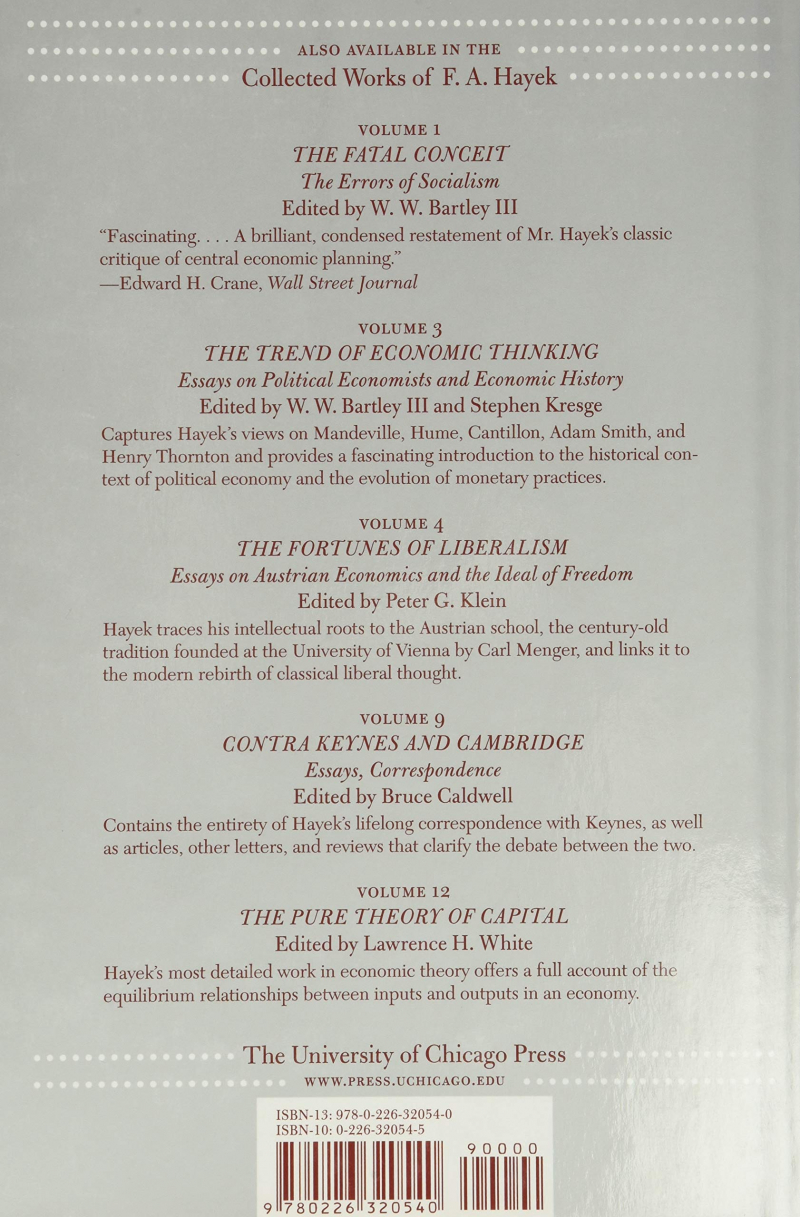
https://www.amazon.com/ -
Along with Quasi Rational Economics and The Winner's Curse, Richard H. Thaler is the coauthor of the widely read book Nudge alongside Cass R. Sunstein. He is a behavioral science and economics professor at the University of Chicago Booth School of Business and served as the A.E.A. president in 2015.
Nobel Prize winner Richard H. Thaler has dedicated his career to researching the novel hypothesis that predictable, fallible people make up the core of the economy. His riveting and frequently funny tale of the battle to bring an academic subject back to reality—and alter how we view economics, ourselves, and our environment—is found in Misbehaving.
In conventional economics, rational actors are assumed. Thaler discovered early on in his research that these Spock-like automatons were not at all like real people. We all give in to prejudices and make choices that differ from the criteria of rationality proposed by economists, whether we are purchasing a clock radio, selling basketball tickets, or applying for a mortgage. Therefore, we act inappropriately. More importantly, there are negative effects from our bad actions. The study of human errors and their effects on markets was once brushed off by economists as a humorous sideshow, but it is now the focus of efforts to make better judgments for our personal lives, our enterprises, and our governments.
Thaler teaches readers how to make wiser judgments in a world that is becoming more and more mysterious by fusing recent findings in human psychology with a practical comprehension of incentives and market behavior. He describes how behavioral economics offers fresh perspectives on a variety of topics, including household finances, allocating faculty offices under a new structure, TV game shows, the NFL draft, and companies like Uber.
Among the best books on economics, Misbehaving is a unique insight at profound human faults, laced with comic tales of Thaler's valiant struggles against the pillars of conventional economic thinking. The ramifications for people, managers, and decision-makers are both profound and funny when economics and psychology collide.Author: Richard H. Thaler
Link to buy: https://www.amazon.com/dp/039335279X
Ratings: 4.6 out of 5 stars (from 2345 reviews)
Best Sellers Rank: #35,284 in Books
#25 in Marketing & Consumer Behavior
#35 in Medical Cognitive Psychology
#117 in Cognitive Psychology (Books)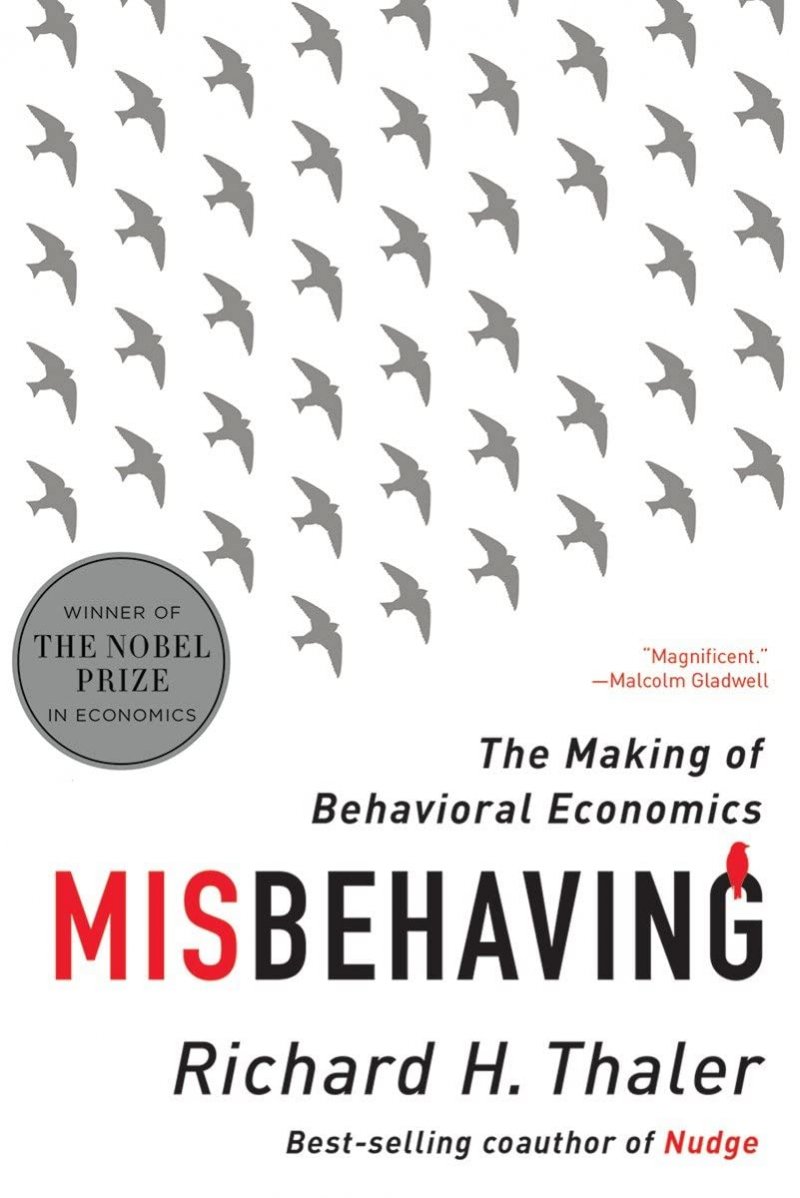
https://www.amazon.com/ 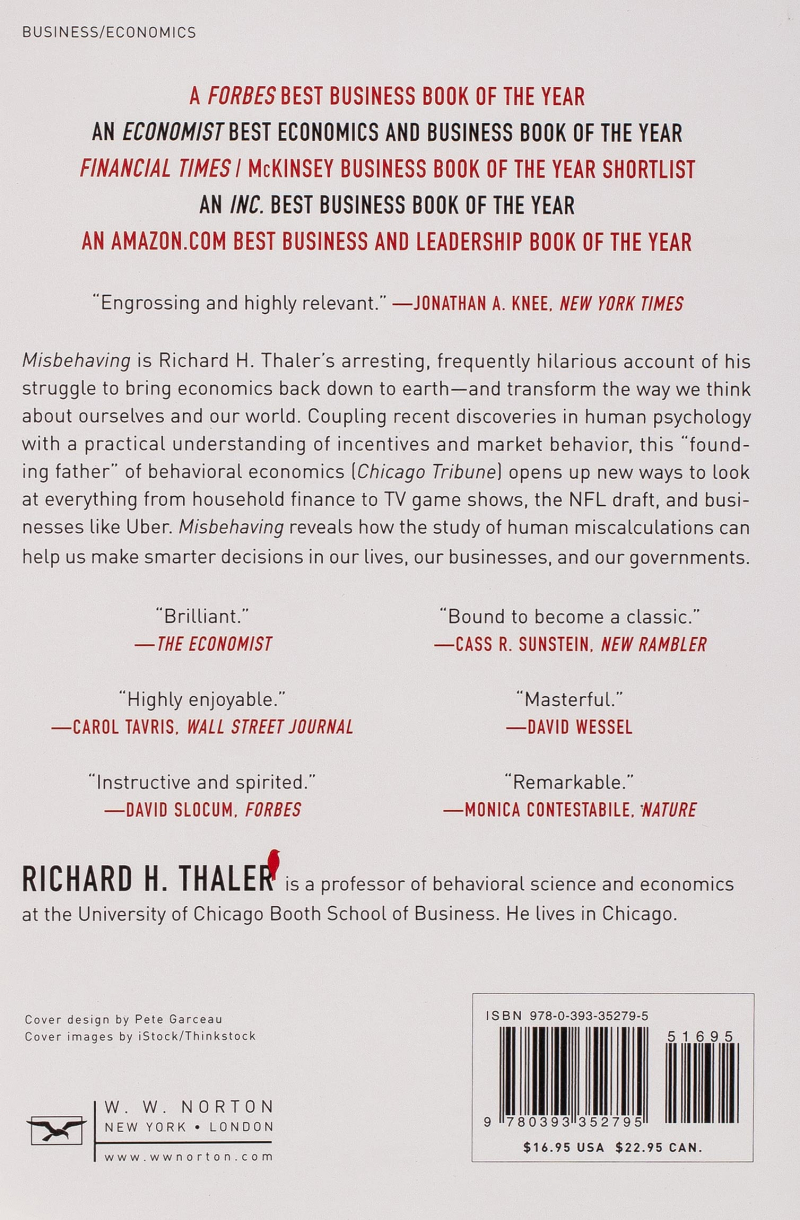
https://www.amazon.com/ -
University of Rochester's Department of Economics is taught by Steven E. Landsburg. He is the author of The Big Questions, The Armchair Economist and More Sex Is Safer Sex. He has contributed articles to Slate, The Wall Street Journal, and Forbes. In Rochester, New York, he resides.
In this revised and updated edition of his wildly successful book, Steven Landsburg addresses a wide range of challenging themes by applying economic theory to today's most pressing issues, including:- Why are seatbelts so dangerous?
- Why do famous people promote products?
- Why are execs who failed paid so much?
- Who should foot the bill for oil disaster cleanup?
- Are budget deficits important?
- How is employee safety detrimental to them?
- Why is the local foods movement flawed?
- Who among the wealthy is exempt from taxes?
- Why is increased unemployment occasionally beneficial?
- Why are dry cleaner prices higher for women?
- Why are there so many setbacks in life?
This new edition of The Armchair Economist transforms the timeless concepts of economic theory into specific solutions that you can use to overcome the obstacles of modern life, whether these questions are ones you've always wondered about or ones you've never even considered asking.
Author: Steven E. Landsburg
Link to buy: https://www.amazon.com/dp/1451651732
Ratings: 4.4 out of 5 stars (from 354 reviews)
Best Sellers Rank: #100,035 in Books
#90 in Theory of Economics
#129 in Economic Conditions (Books)
#210 in Decision-Making & Problem Solving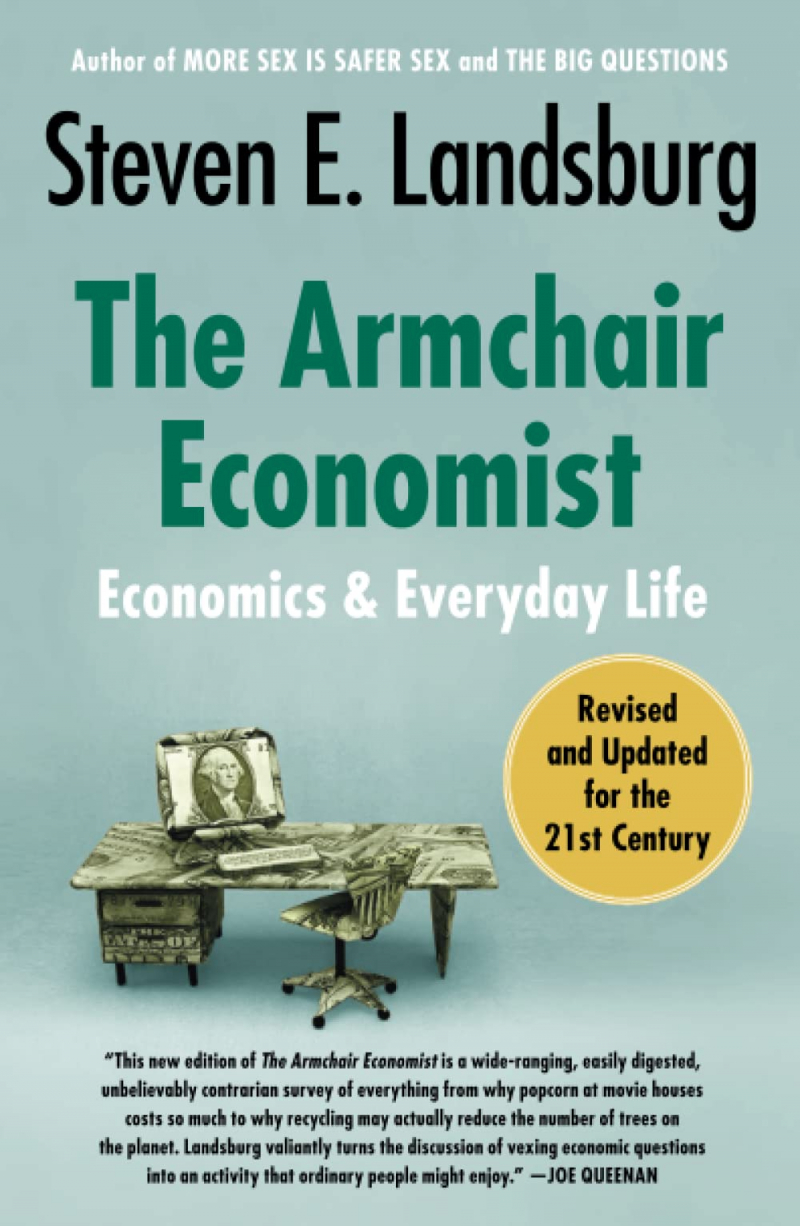
https://www.amazon.com/ 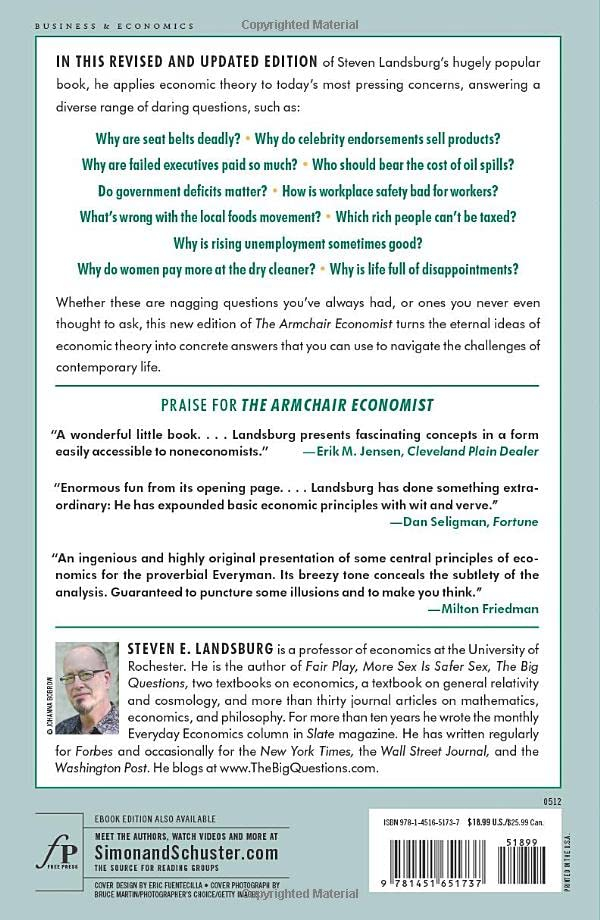
https://www.amazon.com/ -
The Massachusetts Institute of Technology's Ford Foundation International Professor of Economics is Abhijit V. Banerjee. MIT's Department of Economics is home to Esther Duflo, who holds the Abdul Latif Jameel Professorship of Poverty Alleviation and Development Economics. They are the 2019 Nobel Laureates in Economics. Poor Economics: A Radical Rethinking of the Way to Fight Global Poverty, which they previously co-authored, won the 2011 Financial Times and Goldman Sachs Business Book of the Year Award.
The biggest challenge of our time may be figuring out how to handle the serious economic issues we have now. What is at stake is the entire concept of the good life as we have understood it, which is much more important than space flight or possibly even the next ground-breaking medical discovery.
Worldwide, from New Delhi and Dakar to Paris and Washington, DC, these issues—immigration and inequality, globalization and technology upheaval, slowing development and accelerating climate change—are major sources of worry. The tools are there to deal with these issues; what we lack are concepts that will enable us to get through the barriers of mistrust and disagreement that separate us. If we are successful, history will look back on our time with gratitude; if we are unsuccessful, there could be enormous losses.
Famous MIT economists Abhijit V. Banerjee and Esther Duflo take on this dilemma in this groundbreaking book, based on cutting-edge economics research that is elegantly and lucidly presented. Good Economics for Hard Times presents a compelling argument for a thoughtful interventionism and a society based on respect and compassion that is original, controversial, and urgent. It is a remarkable accomplishment that sheds light on our fragile world and helps us appreciate and comprehend it.Author: Abhijit V. Banerjee and Esther Duflo
Link to buy: https://www.amazon.com/Good-Economics-Times-Abhijit-Banerjee/dp/1610399501/
Ratings: 4.6 out of 5 stars (from 3407 reviews)
Best Sellers Rank: #92,317 in Books
#34 in Economic Policy
#42 in International Economics (Books)
#46 in Economic Policy & Development (Books)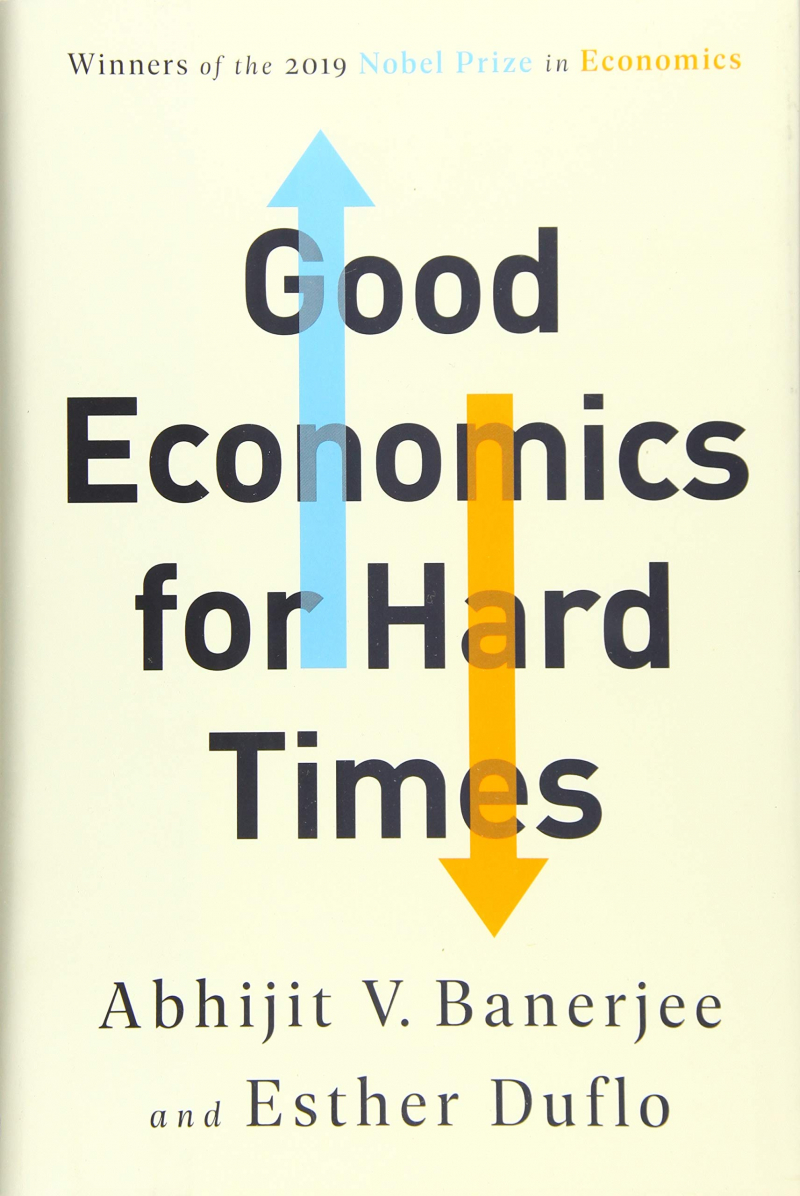
https://www.amazon.com/ 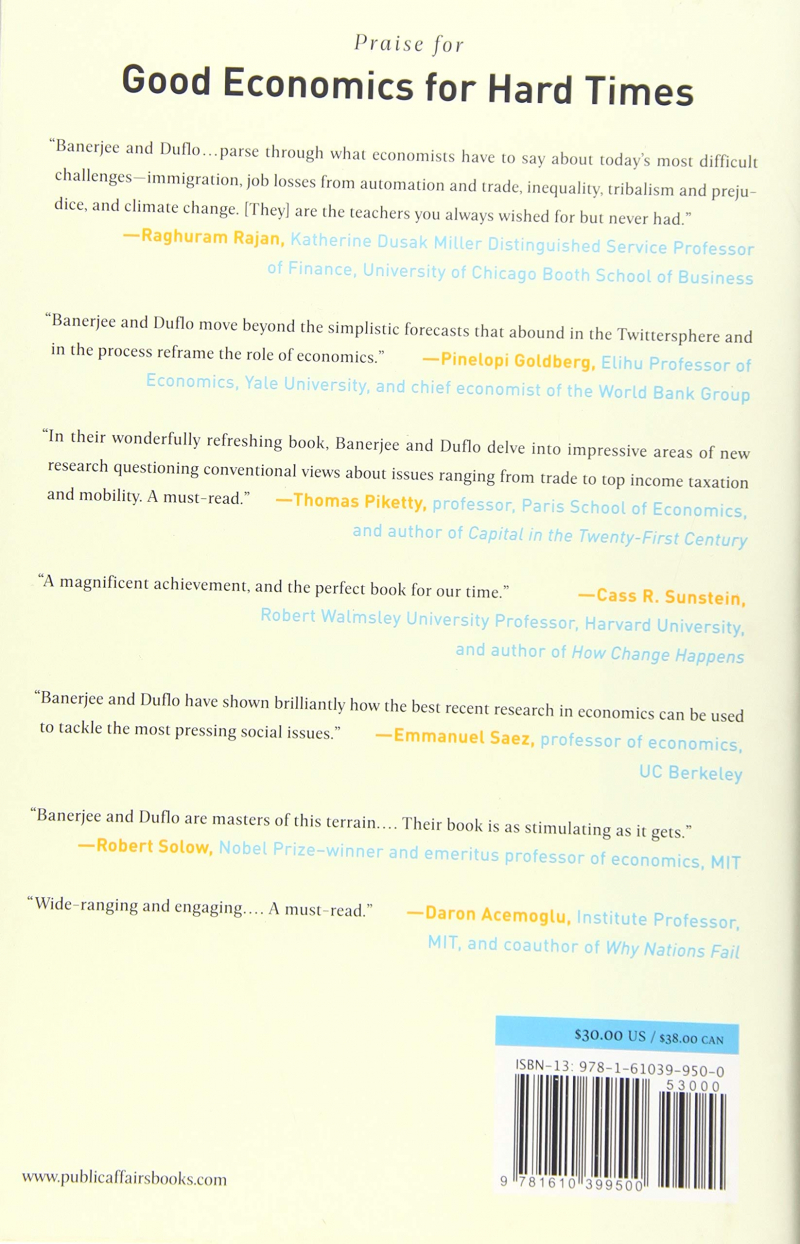
https://www.amazon.com/ -
Professor of Political Economy at Cambridge University is Helen Thompson. She is the author of Might, right, prosperity and consent: representative democracy and the global economy, China and the mortgaging of America, and Oil and the western economic crisis (2017). (2008). Helen has been a consistent contributor to the Talking Politics podcast since 2015. She has also written for publications like the London Review of Books, The New York Times, and The Financial Times.
A significant wave of geopolitical, economic, and democratic shocks has come with the 21st century. Their aftermath has caused the creation of more than $25 trillion in new currency by central banks, ushered in a new era of global rivalry, destabilized the Middle East, disintegrated the European Union, and exposed long-hidden political fault lines in the United States.
Disorder: Hard Times in the 21st Century traces the development of the current political climate across many years. It tells the stories of three historical periods—geopolitics, the global economy, and western democracies—and shows how, during the years of political unrest previous to the pandemic, the disruption in each of these periods coalesced into one major narrative. It demonstrates how much of this turbulence was caused by issues brought on by the use of fossil fuels, and it explains why the long-standing issues that energy always creates will persist when the green transition takes place.Author: Helen Thompson
Link to buy: https://www.amazon.com/dp/0198864981
Ratings: 4.4 out of 5 stars (from 155 reviews)
Best Sellers Rank: #48,302 in Books
#2 in International Relations (Books)
#8 in International Diplomacy (Books)
https://twitter.com/ 
https://twitter.com/












